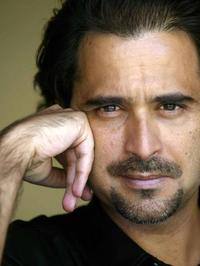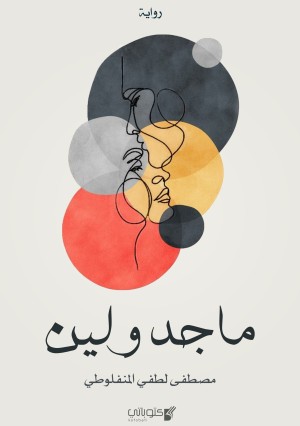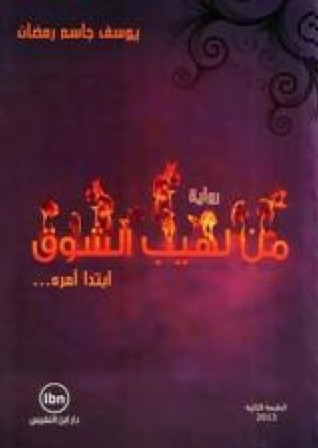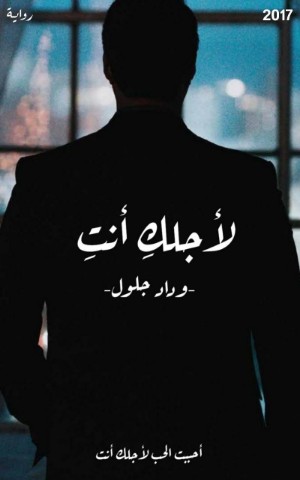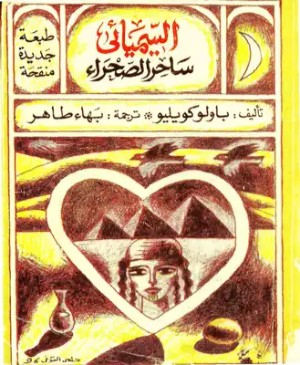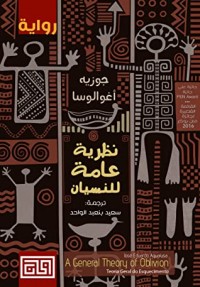
رواية نظرية عامة للنسيان بقلم جوزيه أغوالوسا .. تروي (نظرية عامة للنسيان) القصة الحقيقية للودو، المرأة البرتغالية التي روعتها الأحداث المتصاعدة في حرب الاستقلال الأنغولية في عام 1975، فتحبس نفسها في شقتها في لواندا لما يقرب من ثلاثين عامًا. يربط أغوالوسا بين حكاية لودو والقصص المؤثرة لشخصيات أخرى ويصوغها بسخرية دقيقة تُبرز العجائب العرضية للحياة، فيخلق أغوالوسا من ذلك منجزًا مُقنعًا وساحرًا. (المترجم)
- التجرد السلس ومقروئية لويس دو بيرنييرز في أفضل حالاته، مقترنة بالملاحظات الثاقبة لجون ماكسويل كوتزي... كتابة أغوالوسا هي متعة دائماً. (سكوتسمان)
- إن كان صحيحًا أن الرجل الذي يمتلك قصة جيدة هو مَلكٌ عمليًا، فحينئذٍ يمكن لأغوالوسا أن يعدّ نفسه من الأسرة الملكية الجديدة في القارة. إلى جانب ميا كوتو الموزمبيقي، أصبح أغوالوسا بالفعل واحدًا من أكثر الأصوات تميزًا في إفريقيا الناطقة بالبرتغالية. (فاينانشال تايمز)
- كتاب يختطف القارئ من الصفحة الأولى. (جيه إل)
رواية نظرية عامة للنسيان بقلم جوزيه أغوالوسا .. تروي (نظرية عامة للنسيان) القصة الحقيقية للودو، المرأة البرتغالية التي روعتها الأحداث المتصاعدة في حرب الاستقلال الأنغولية في عام 1975، فتحبس نفسها في شقتها في لواندا لما يقرب من ثلاثين عامًا. يربط أغوالوسا بين حكاية لودو والقصص المؤثرة لشخصيات أخرى ويصوغها بسخرية دقيقة تُبرز العجائب العرضية للحياة، فيخلق أغوالوسا من ذلك منجزًا مُقنعًا وساحرًا. (المترجم)
- التجرد السلس ومقروئية لويس دو بيرنييرز في أفضل حالاته، مقترنة بالملاحظات الثاقبة لجون ماكسويل كوتزي... كتابة أغوالوسا هي متعة دائماً. (سكوتسمان)
- إن كان صحيحًا أن الرجل الذي يمتلك قصة جيدة هو مَلكٌ عمليًا، فحينئذٍ يمكن لأغوالوسا أن يعدّ نفسه من الأسرة الملكية الجديدة في القارة. إلى جانب ميا كوتو الموزمبيقي، أصبح أغوالوسا بالفعل واحدًا من أكثر الأصوات تميزًا في إفريقيا الناطقة بالبرتغالية. (فاينانشال تايمز)
- كتاب يختطف القارئ من الصفحة الأولى. (جيه إل)
المزيد...



